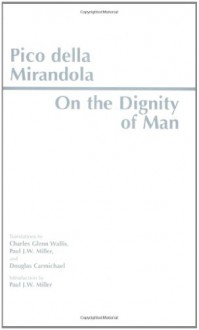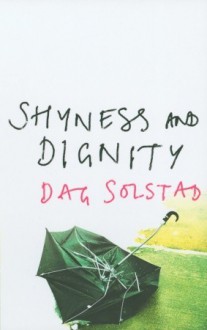
The Renaissance was a time of reevaluation of philosophical and theological teachings in various forms and the results at times were interesting and strange. On the Dignity of Man contains three treatises by Giovanni Pico della Mirandola including the titular treatise has been called the “manifesto of the Renaissance”.
The “Oration on the Dignity of Man” is Pico’s justification of the importance of the human quest for knowledge within a Neoplatonic frame as well as an introduction to his unpublished 900 thesis in which he believed provided complete and sufficient basis for the discovery of all knowledge. The second treatise, “On Being and the One”, is an attempted reconciliation between Platonic and Aristotelian writings on the relative place of being and “the one” and a refutation of opposing arguments. The finale treatise, “Heptaplus”, is a mystic-allegorical exposition of the creation according to the seven Biblical senses, elaborates on his idea that different religions and traditions describe the same God.
The titular treatise of this collection is the best of the bunch as Pico is eloquent in his thoughts, justifications, and introducing his thesis. The other two treatise are a combination of Christian, pagan philosophy, and Jewish thought which ultimate stretches credibility even though Pico tries his best to bring forth his ideas. However even thought I’m not truly well read in Plato and Aristotle, even I know they do not agree while Pico tries his best to make them agree. Pico’s belief that all other traditions and religions were pale imitations of future Christianity and thus worthy to be combined with Scripture to bring forth quasi-theological ideas like St. Augustine.
On the Dignity of Man is a collection of treatise by Giovanni Pico in which the titular treatise is the best of the bunch while the other two are well written but utterly worthless due to Pico’s thinking.

 Log in with Facebook
Log in with Facebook 









